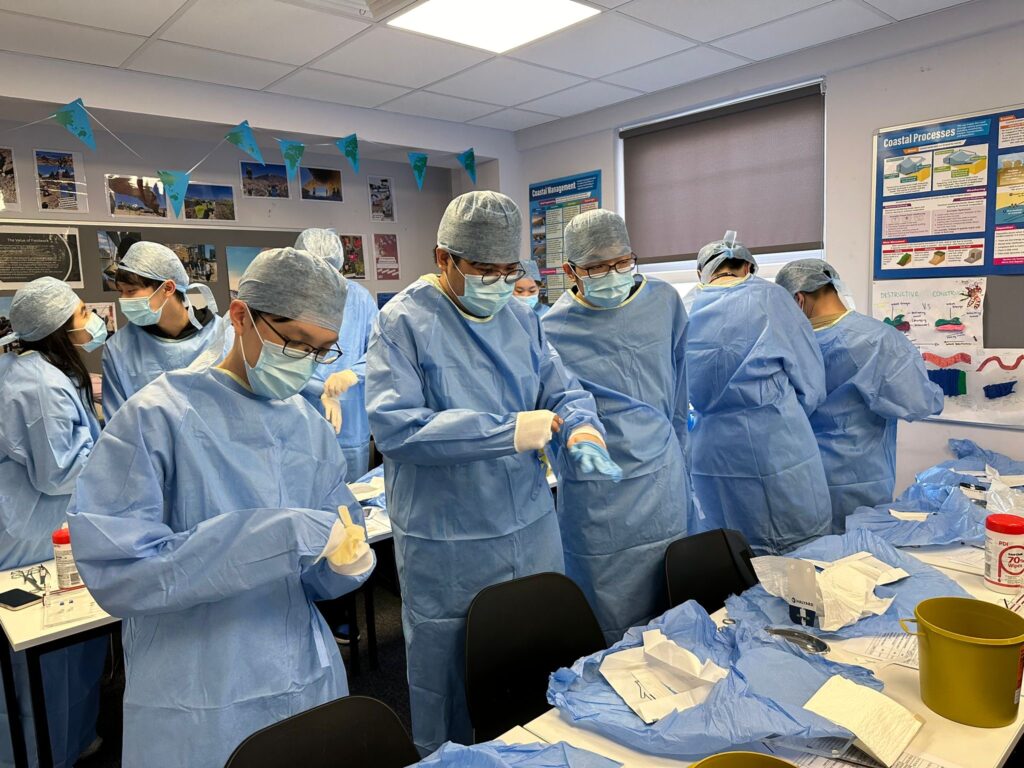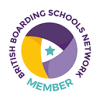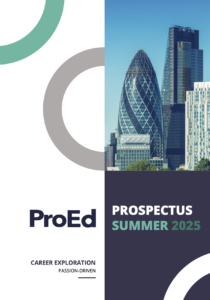The terms extracurricular and supercurricular both refer to activities beyond the standard school curriculum, but they serve different purposes.
Extracurricular activities are those that allow you to explore your passions outside the classroom—whether that’s joining a sports team, playing in the orchestra, volunteering, or taking on leadership roles. These activities focus on building your character, teamwork, and creativity.
But equally important are supercurricular activities, which help you deepen your understanding of the academic subjects. These might include wider reading, internships, attending academic lectures, or working on research projects.
Why engage in supercurricular activities?
While extracurricular activities highlight well-roundedness, supercurricular activities demonstrate intellectual curiosity and passion for learning, making them particularly important for exploring your interests and making informed decisions about your future.
When should I start supercurricular activities, and how do they differ by age?
You should start supercurricular activities as early as possible—even as early as Year 7. The objectives for these activities evolve as you progress through secondary school, but starting early allows you to build a strong foundation that can be crucial when it comes to preparing for your university application.
Age 11-12
In the lower years, such as Year 7 and Year 8, the focus is on exploration—trying different subjects, discovering what excites you, and developing a habit of curiosity:
- Choose books or articles that go beyond what you learn in class. For example, if you enjoy science, read about space, the human body, or famous discoveries. For history, explore historical novels or biographies.
- Visit museums or science centres. These visits can spark interest in subjects like history, art, or technology.
- Participate in school clubs.
- Enter competitions designed for your age group.
- Make use of online resources.
How ProEd can help: Advanced learners may benefit from our Online research programme and Online summer school.
Age 13-15
As you move into Year 9 and beyond, supercurricular activities become more focused on deepening your understanding in areas of interest, helping you identify the subjects or fields you are passionate about.
In Year 10 and 11, supercurricular activities take on a more focused role as you begin to explore potential career paths and prepare for important decisions about your future. Some career options may require particular GCSE subjects and grades, so these choices can significantly impact your opportunities. For example, some STEM careers may require triple science and additional mathematics.
For students not studying the GCSE curriculum, beginning of high school may still be associated with choosing a subject stream, such as STEM or humanities, so having some idea of your possible future university options can be incredibly helpful.
Supercurricular activities like internships, attending science workshops, solving advanced maths problems, or career-related research projects will help you decide which school subjects will align with your interests and ambitions.
By the end of Year 11, you will choose your A-Level subjects, a decision that plays a crucial role in shaping your future. These choices can potentially eliminate certain university options, as some courses require specific A-Level subjects for entry.
How ProEd can help: 2-week Summer residential programme, Online Summer school, Online research programme.
Age 16-18
In Years 12 and 13, the focus of supercurricular activities shifts towards preparing for university applications. This includes working on course-specific admissions tests, interview preparation, and strengthening your academic CV.
A key part of this preparation is building a strong knowledge base in your chosen subject area, which will help you feel confident during interviews and assessments.
For students moving into Year 13 who are still undecided about their university course, engaging in supercurricular activities provides a valuable opportunity to make an informed decision either by solidifying their existing goals or allowing to explore a new path.
How ProEd can help: 2-week Summer residential programme, 1-week Summer residential programme, Online Summer school, Online research programme.
Age 18+
If you have finished school and are considering a change in career direction, preparing to reapply after not securing a place at your first-choice university, or simply taking a gap year, supercurricular activities remain just as important.
Continuing to engage in these activities—such as independent research, attending relevant workshops, or gaining work experience in your chosen field—will strengthen your application and demonstrate your commitment to your academic and career aspirations.
How ProEd can help: 2-week Summer residential programme,1-week Summer residential programme, Online research programme.












